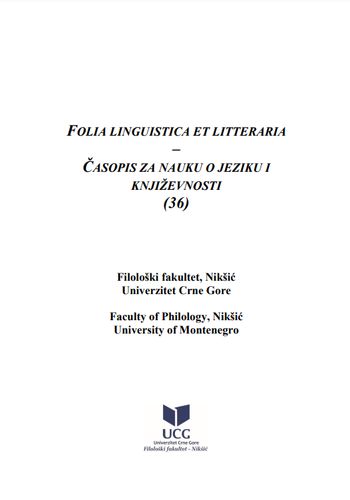Redefining Home and Homelessness in Marilynne Robinson’s Lila
Redefining Home and Homelessness in Marilynne Robinson’s Lila
Author(s): Ksenija M. KondaliSubject(s): American Literature
Published by: Filološki fakultet, Nikšić
Keywords: American novel; domestic womanhood; homelessness; sense of place; belonging; gender relations; female subjectivity
Summary/Abstract: The recent decades have brought an intensified reconsideration of home, its concept, values, and importance, investigated not only as an actual physical space but also as a representational space and a place in memory. Contemporary scholarship has increasingly approached the domestic space as socially constructed, representing power negotiation and contestation. Drawing on concepts from cultural and feminist geographers, this paper seeks to interrogate Marilynne Robinson’s novel Lila and its understanding of belonging and isolation while questioning the concept of home. The purpose of this paper is to illustrate how the gendered place of home is renegotiated in this novel that revises concepts of femininity as its protagonist struggles with adapting to a life of domestic dynamic in the heartland of America, which Robinson prefers to call “the middle west”. In other words, this paper establishes the relevance of approaching the novel’s representation of home and homelessness as a spatial study with a gender lens.
Journal: Folia Linguistica et Litteraria
- Issue Year: 2021
- Issue No: 36
- Page Range: 41-56
- Page Count: 16
- Language: English

